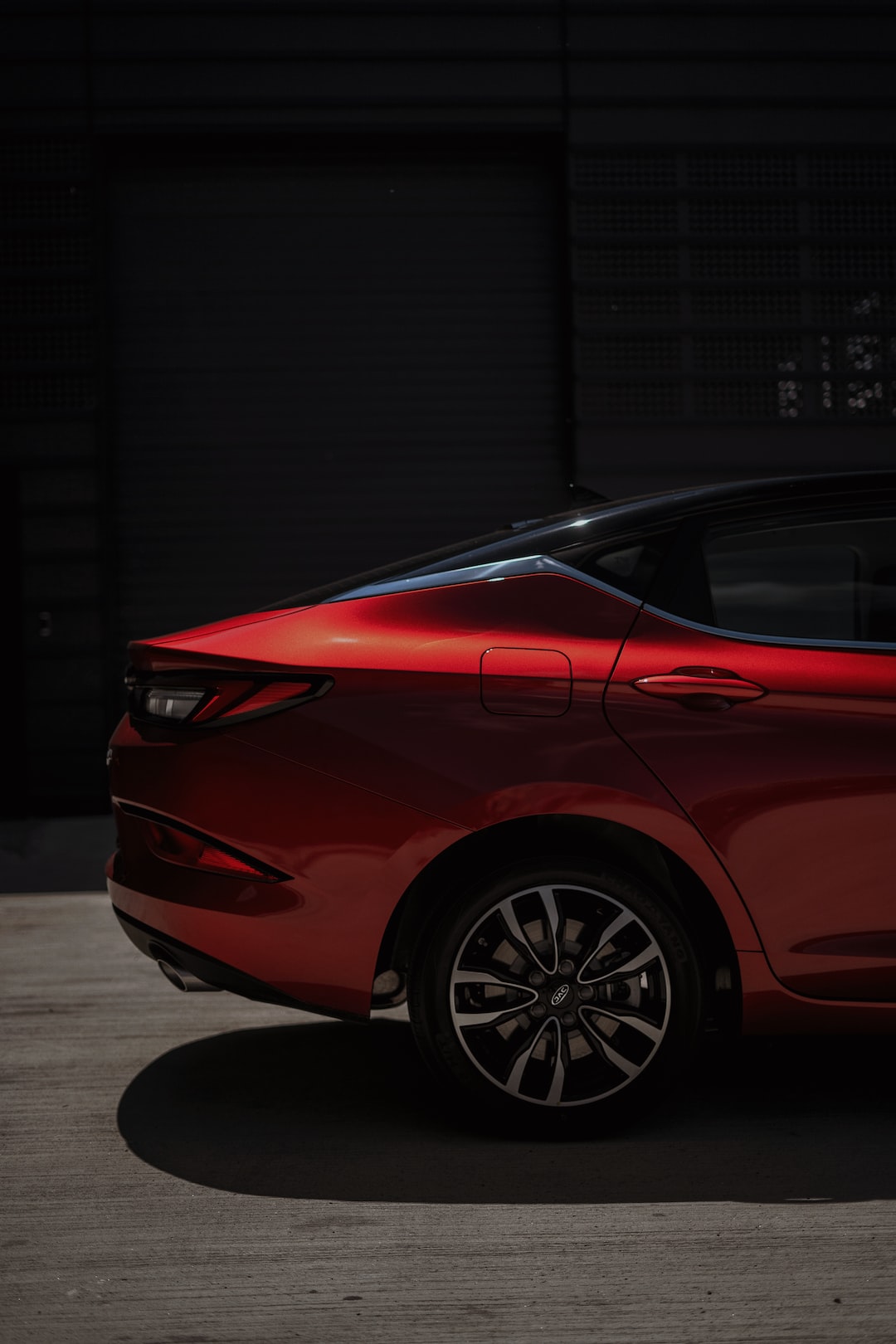The benefits of driving a hybrid car: Efficiency meets sustainability
In recent years, the popularity of hybrid cars has been on the rise, and for good reason! Combining the power of a traditional combustion engine with the efficiency of an electric motor, hybrid cars offer numerous benefits that go beyond just saving money on fuel. In this blog post, we will explore the advantages of driving a hybrid car and how they contribute to a more sustainable future.
One of the most significant benefits of owning a hybrid car is improved fuel efficiency. While traditional gasoline-powered cars solely rely on an internal combustion engine, hybrid cars incorporate an electric motor that assists in powering the vehicle. The electric motor reduces the workload of the combustion engine, resulting in decreased fuel consumption. By using less gasoline, hybrid car owners can save a considerable amount of money on fuel costs, particularly in times of rising gas prices. Additionally, with reduced emissions from burning less fuel, hybrid cars help to mitigate air pollution and reduce greenhouse gas emissions, making them a more environmentally friendly option.
Furthermore, hybrid cars employ a regenerative braking system that allows the electric motor to generate electricity when the brakes are applied. This regenerative braking technology converts the kinetic energy that is normally wasted in traditional cars into electricity, which is then stored in a battery. The stored energy can be later used to power the electric motor, reducing the reliance on the combustion engine. This innovative feature not only enhances the overall fuel efficiency but also extends the range of the hybrid car, making it a convenient choice for longer journeys.
Another benefit of driving a hybrid car is the potential for financial incentives and tax benefits. In many countries around the world, governments offer various incentives to encourage the purchase of hybrid cars. These incentives may include tax credits, reduced vehicle registration fees, or even exemptions from certain taxes. Additionally, some employers provide incentives, such as reduced parking fees or access to charging stations, for employees who choose to drive a hybrid car. These financial benefits further add to the attractiveness of owning a hybrid car and make it an economically viable choice for many individuals.
Hybrid cars also tend to have a longer lifespan compared to traditional vehicles. The integration of an electric motor allows the combustion engine to operate at lower speeds, reducing wear and tear on the engine components. This leads to a decrease in the frequency of maintenance and repairs, resulting in lower maintenance costs in the long run. Moreover, the regenerative braking system reduces stress on the brake pads, leading to less frequent replacements. Overall, the durability and longevity of hybrid cars make them a sound investment for those looking for a reliable and long-lasting vehicle.
Apart from financial and operational benefits, driving a hybrid car also contributes to a more sustainable future. As mentioned earlier, hybrid cars produce fewer greenhouse gas emissions, helping to combat climate change and improve air quality. Traditional cars, on the other hand, release significant amounts of carbon dioxide and other harmful pollutants into the atmosphere. By choosing to drive a hybrid car, individuals play an active role in reducing their carbon footprint and promoting environmental sustainability.
In conclusion, the benefits of driving a hybrid car go beyond just saving money on fuel. Hybrid cars offer improved fuel efficiency, regenerative braking technology, financial incentives, and contribute to a more sustainable future. By combining the efficiency of an electric motor with the power of a combustion engine, hybrid cars represent a viable alternative to traditional gasoline vehicles. As the world strives towards a greener and more eco-friendly future, driving a hybrid car can provide individuals with both economic and environmental advantages.
